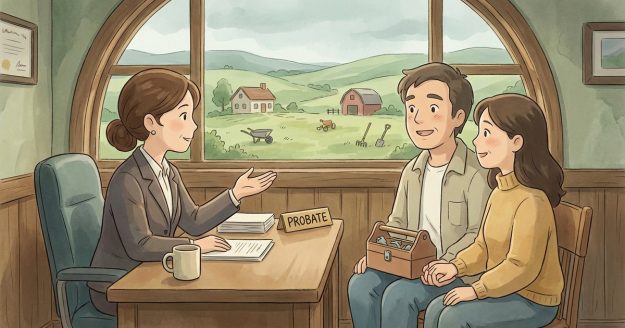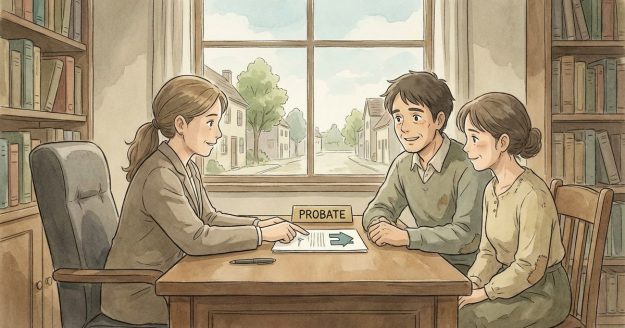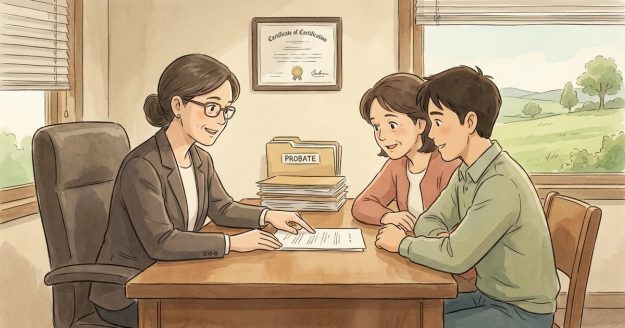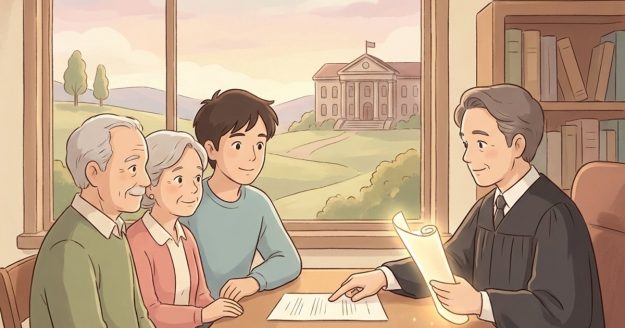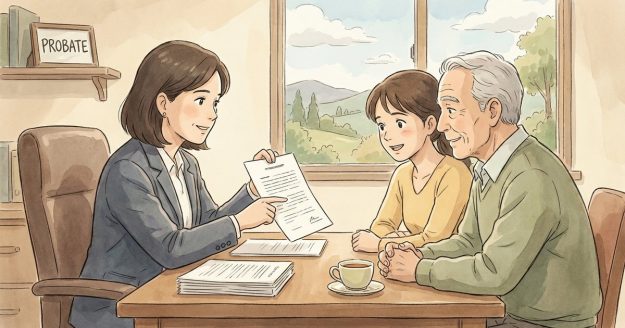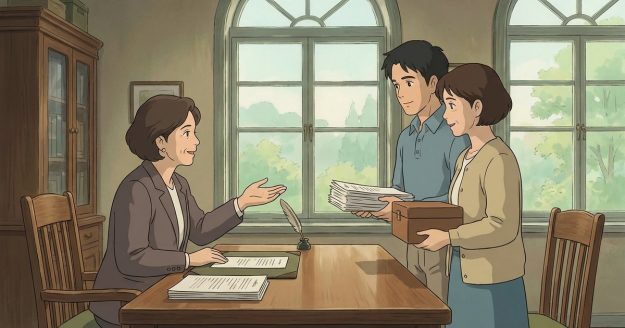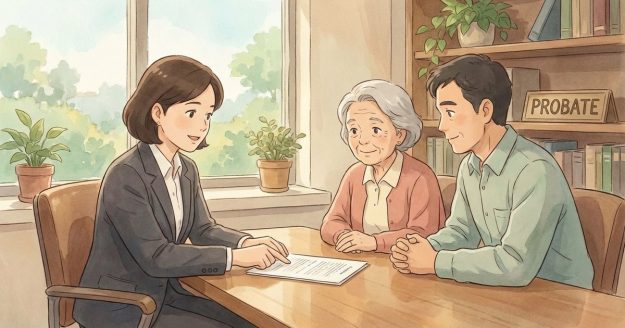Do I need to go through probate to settle my parent’s estate if there is a will? nc
Do I need to go through probate to settle my parent’s estate if there is a will? – North Carolina Short Answer Often, yes. In North Carolina, a will generally must be filed with (and admitted by) the Clerk of Superior Court to be legally effective to transfer property that was in a parent’s sole…



